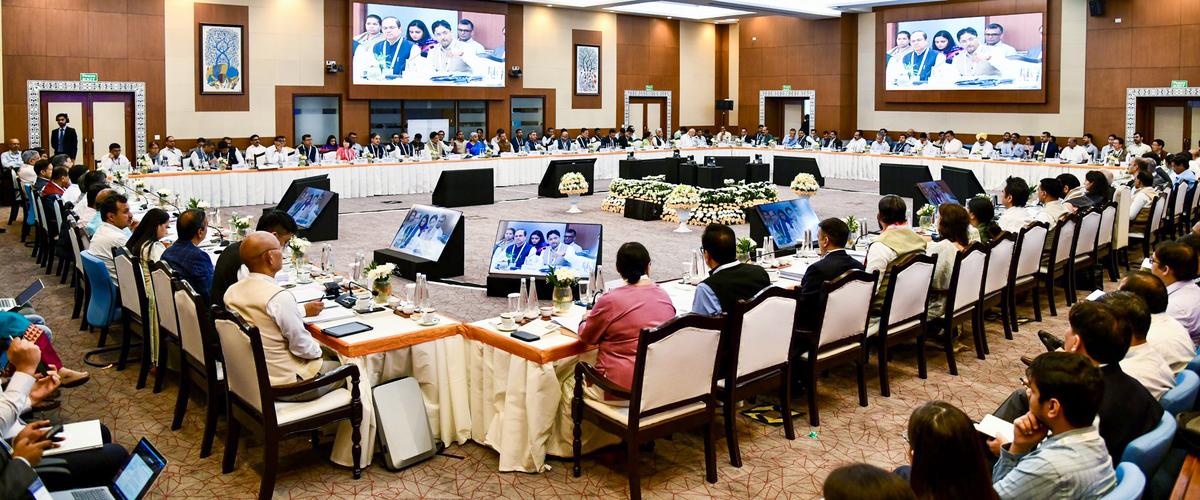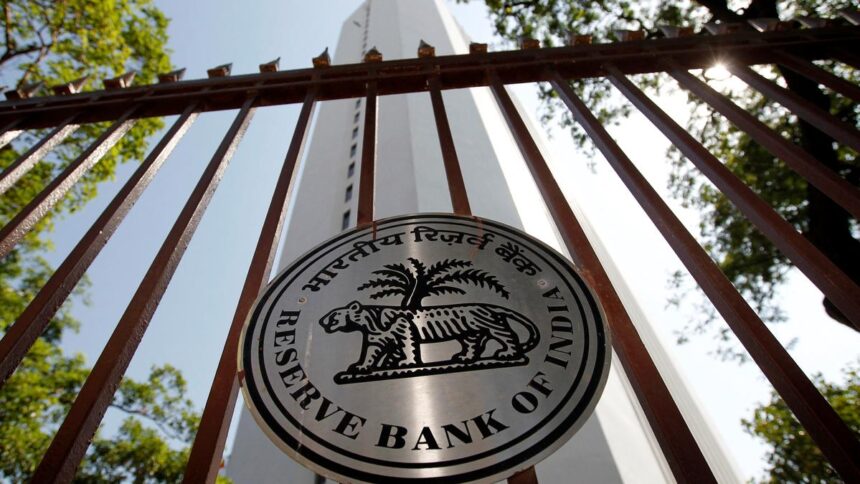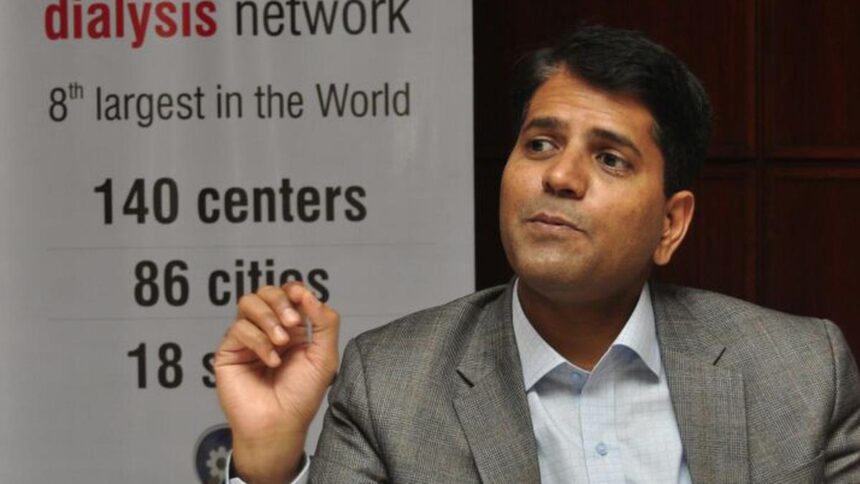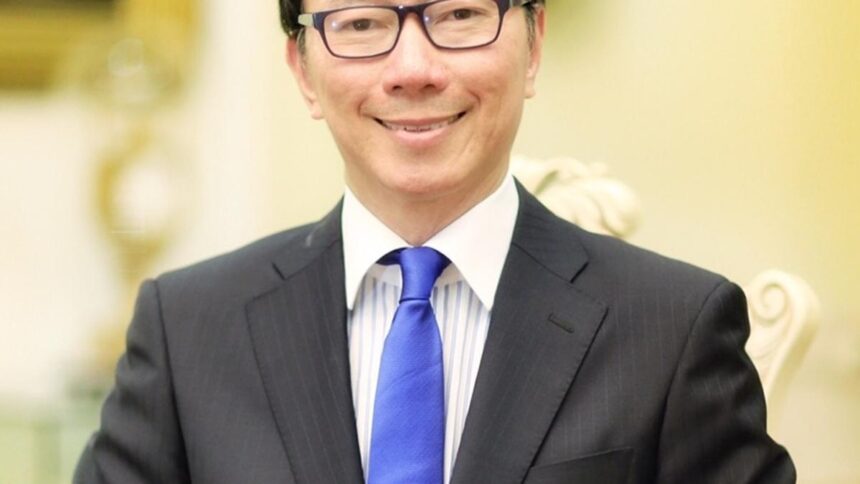The GST Council’s decision to bring down the GST on individual life and health insurance policies from 18% to zero will make more families opt for medical cover, said analysts and industry executives. Insurance cover will ease burden on families when medical inflation is rising sharply and is unchecked, they said.
However, they pointed out that scrapping the tax on insurance services would mean that insurers would lose access to input tax credits on expenses linked to such policies, thereby impacting the profits of companies.

‘Transformative push’
Terming the GST Council’s decision a “much-needed reform”, Joydeep Saha, managing director and chief executive officer of ManipalCigna Health Insurance said it would help millions of households safeguard themselves against unforeseen medical expenses without worrying about affordability, at a time when medical costs and healthcare inflation are on the rise. “The reform will not only benefit existing customers but also empower more families to opt for health insurance coverage,” Mr. Saha said.
“This move will encourage greater penetration, especially among first-time buyers and underserved sections of society. For the industry, it represents a meaningful opportunity to bridge the protection gap and innovate in product offerings. Overall, we see this as a transformative push for greater financial inclusion and societal well-being,” he said.

Union Finance Minister Nirmala Sitharaman chairing the 56th meeting of the GST Council in New Delhi on September 3, 2025.
| Photo Credit:
ANI
The GST Council on Wednesday (September 3, 2025) announced a complete GST exemption on individual life and health insurance policies. This change will apply to premiums on all individual life insurance, whether pure protection or unit-linked, and to individual health insurance, including family floater and senior citizen plans.
Kicks in on Sept. 22
The exemption is scheduled to come into force on September 22, 2025, coinciding with the transition to a streamlined two-rate GST structure.

“The exemption also extends to the reinsurance of these individual policies, ensuring tax neutrality across the risk management chain. However, the benefit is limited to individual covers. Group insurance policies, such as employer-sponsored health or life schemes, will continue to attract 18% GST with no input tax credit available to the employers,” said Jignesh Ghelani, Partner at Dhruva Advisors.
“This makes it clear that the policy intent is to directly ease costs for households rather than institutional buyers,” he said.
While lower premiums are expected to stimulate demand and expand the policyholder base, the classification of these services as “exempt” means that insurers will lose access to input tax credits on expenses linked to such policies.
“Insurers will be required to reverse input tax credits relating to these exempt outputs. This embedded tax could eventually feed into the costing structure, thereby impacting the profits of the companies. The companies will, therefore, be required to deep dive into its cost structure and analyse the overall impact on the business, Mr. Ghelani added.
‘Behavioural nudge’
Ankit Agarwal, founder and CEO, InsuranceDekho, called the GST exemption a “powerful and welcome” step towards mainstreaming insurance adoption and advancing the national goal of ‘Insurance for All’. “This move not only reduces financial stress on existing policyholders but also lowers the entry barrier for millions who have long remained uninsured. More than a tax reform, this is a behavioural nudge that will encourage families across Bharat to prioritise protection, Mr. Agarwal said.

However, Vaqarjaved Khan, senior fundamental analyst, Angel One Ltd, said that in products such as Unit Linked Insurance Plans, the GST exemption may not necessarily result in 18% reduction in total premium, as ULIPs contain a significant investment component.
Ashok P. Hinduja, chairman, Hinduja Group of Companies (India), said steps like scrapping GST on life and health insurance policies will “prove to be revolutionary in this regard”.
Published – September 04, 2025 11:36 pm IST





















